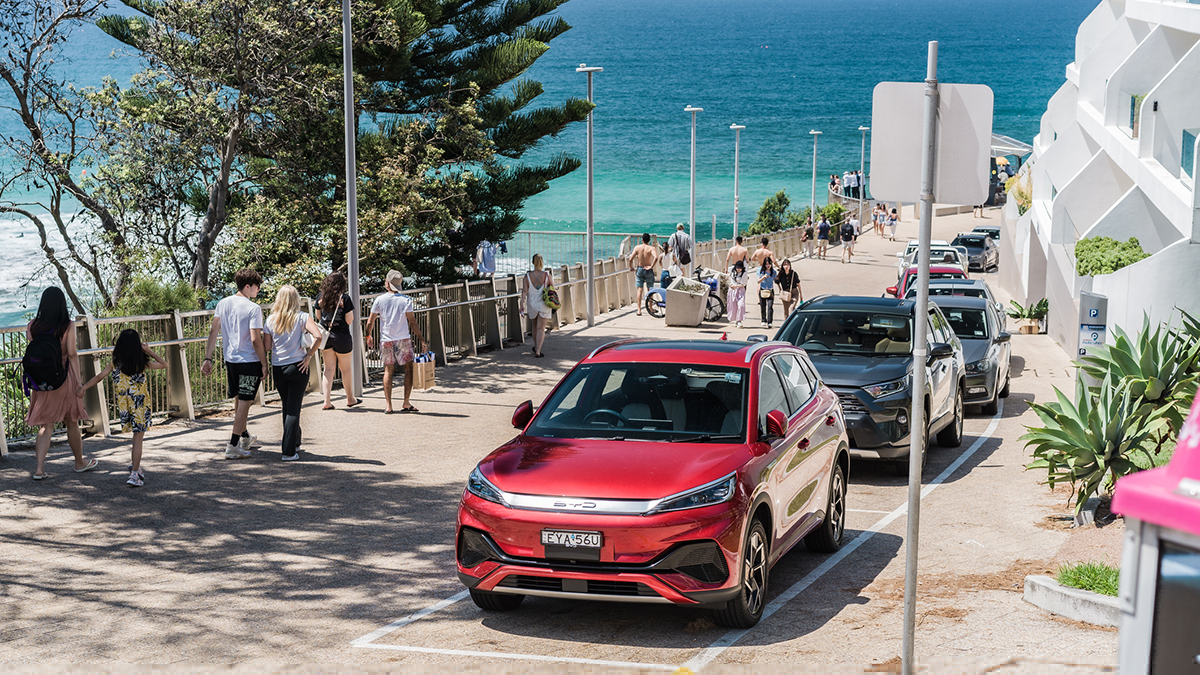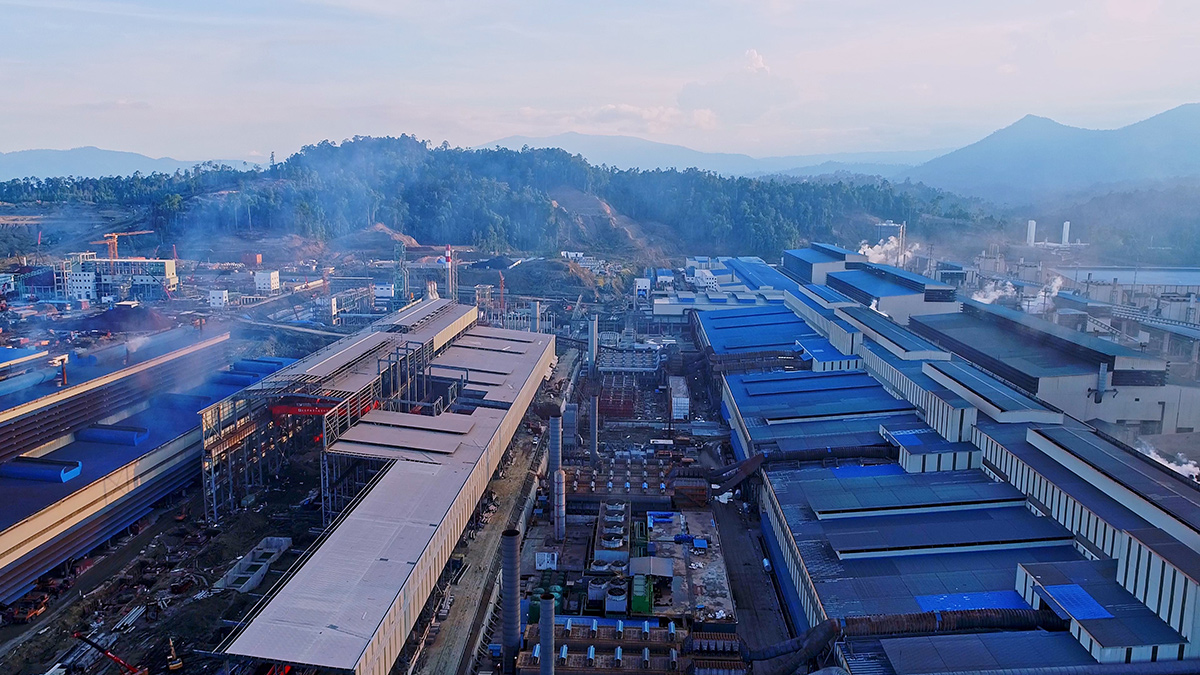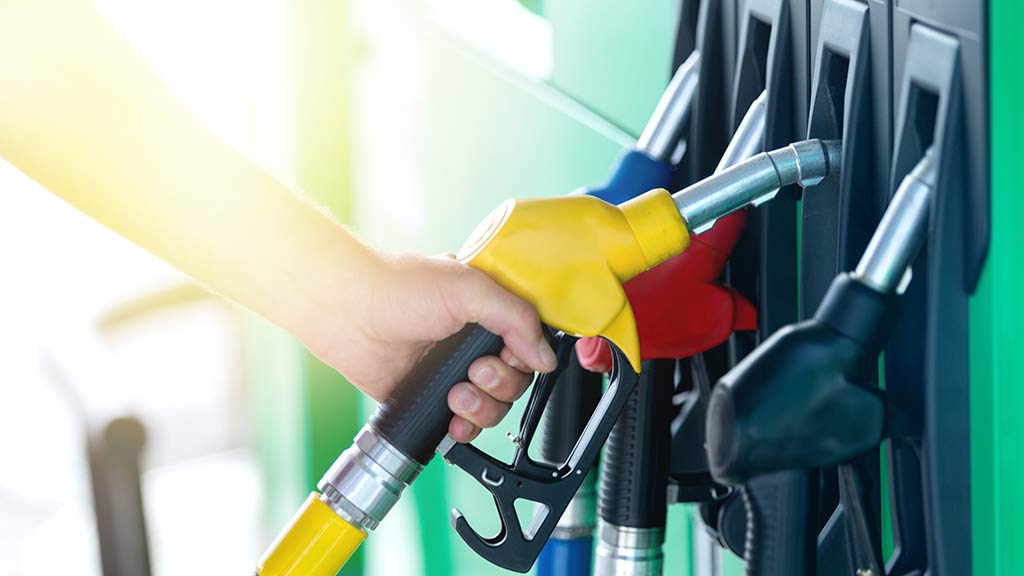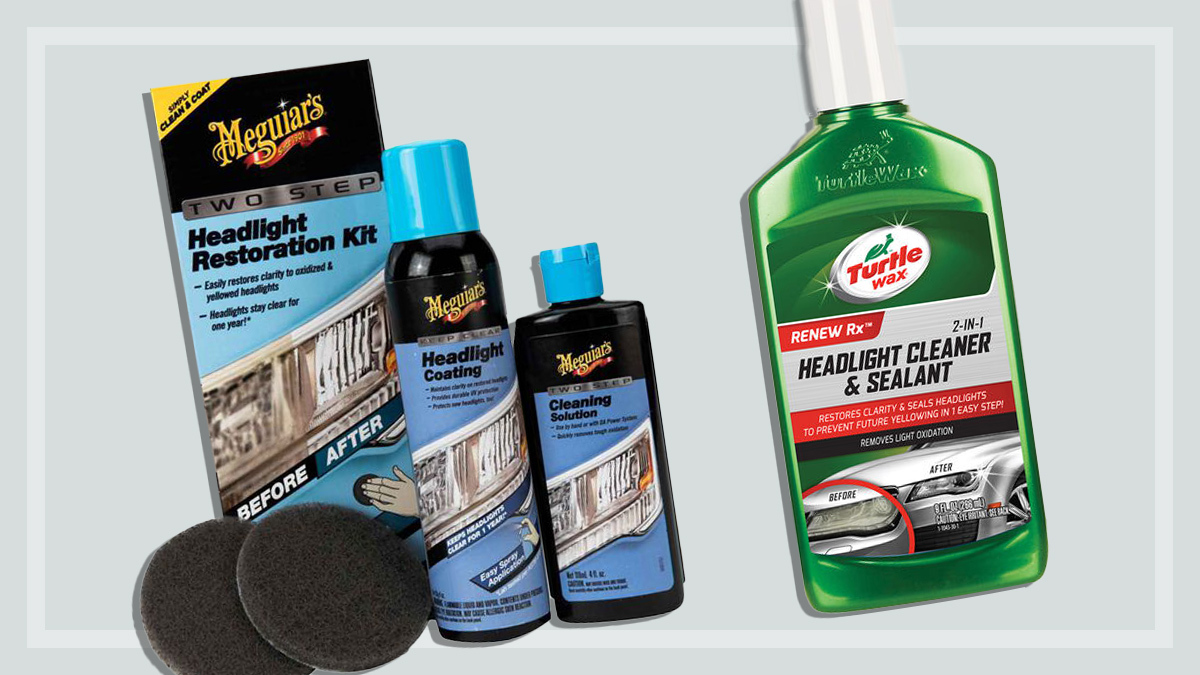Get our independent lab tests, expert reviews and honest advice.
Caravan industry says Aussie caravans are ‘best in class’, despite complaints

Need to know
- The caravan industry claims its Recreational Vehicle Manufacturing Accreditation Program (RVMAP) is an indicator of quality
- Many caravans with an RVMAP badge have had problems, and one longtime industry critic says the issues are getting worse
- We list some of the most common caravan design and quality problems reported in Australia
With the caravanning season upon us, concerns about ongoing caravan quality and safety issues are once again in the spotlight – especially for those getting ready to pack up the rig and hit the road.
CHOICE has heard from more than a few caravan owners in recent years whose vehicles have experienced major design and quality faults, and who’ve been given the run-around by caravan dealers when trying to get the problems fixed.
In late November this year we published an article that included a fresh round of faulty caravan stories.
Meanwhile, the industry portrays itself as one of the few manufacturing success stories Australia has to offer these days.
According to the CIAA, a caravan is manufactured every five minutes during working hours in Australia
In October 2021, the CEO of the Caravan Industry Association of Australia (CIAA), Stuart Lamont, told a federal Joint Select Committee on Road Safety that “building caravans is one of the things Australia does incredibly well – and we need to be, as Australians are much tougher on their RV product than anywhere else in the world”.
Lamont told the committee that caravanning and camping contribute about $23 billion to the economy every year, and that Australia is the third-largest builder of caravans in the world, after the US and Europe.
“We’re now seeing export opportunities in the United Arab Emirates and Africa due to the robustness of our RV products,” Lamont said.
According to the CIAA, a caravan is manufactured every five minutes during working hours in Australia.
But judging from the reports of many caravan owners, the overall quality of these products remains in question.
In late November, the ACCC launched a survey saying it had received 1300 complaints from caravan owners over the previous five years and is “looking for further information from consumers and industry about the issues they have had with their caravans and their experience trying to get their concerns fixed”.
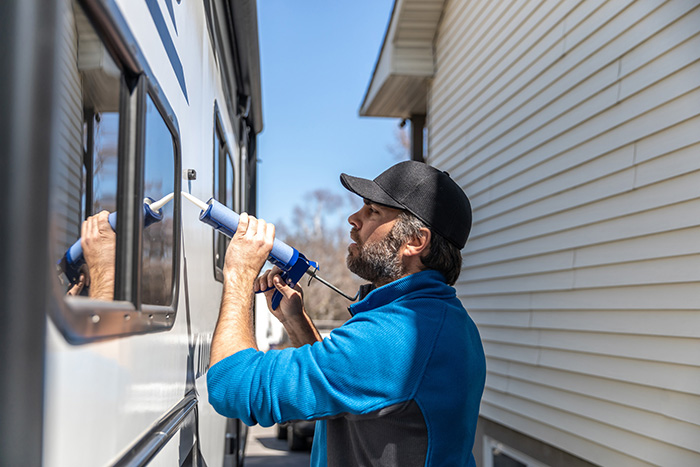
‘Nothing is improving’
The CIAA’s upbeat assessment stands in stark contrast to that of industry critics like Colin Young, who founded the Caravan Council of Australia (CCA) in 2012 and has long called for tighter manufacturing standards.
(Aside from Young’s advocacy efforts, the CCA conducts compliance inspections of caravans for manufacturers, importers and individual owners for a fee.)
In August 2021, Young told CHOICE “nothing is improving – it is most disappointing to continually hear of the same type of design and quality problems still being detected by caravan owners.”
Young, an engineer by training, says he bases his views on the thousands of caravans he’s inspected over the years.
It is most disappointing to continually hear of the same type of design and quality problems still being detected by caravan owners
CAA president Colin Young
Young says most of the problems show up in caravans made by smaller manufacturers, but another longtime industry critic, Tracy Leigh, told CHOICE in late November: “All the thousands of complaints I have dealt with have been the larger manufacturers, and the caravans are often RVMAP accredited”.
(The RVMAP certification program is run by the CIAA.)
Leigh’s Facebook-based caravan owner support group, Lemon Caravans and RVs in Aus, has over 64,000 members. Leigh says the posts include “thousands of stories, many of them heartbreaking.”
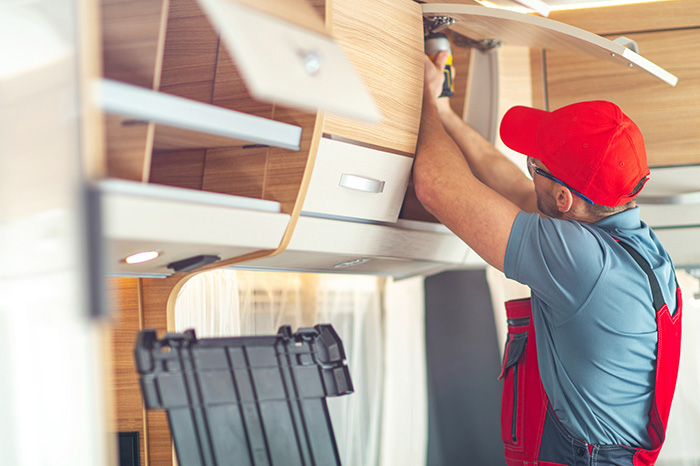
‘Not of acceptable quality’
The most significant legal action against a caravan maker in Australia in recent years was the ACCC’s case against major manufacturer Jayco for allegedly telling customers they were only entitled to a repair of major faults in their caravans, not also a replacement or refund as is mandated under consumer law.
In November 2020, the federal court found that Jayco had made false or misleading statements about legal rights to only one of the four caravan owners in the ACCC’s case, but the court also concluded that all four caravans in question were “not of acceptable quality”. Three had major defects, including leaks and multiple roof collapses.
‘Please, would you just fix my van?’
We recently heard from a Jayco Silverline owner, Margaret Smart, who’s had to take her caravan back to the dealer repeatedly since purchasing it in December 2017 due to defects ranging from interior fittings that fell off to cracks appearing in walls. Her Silverline bears the RVMAP certification badge.
In September 2021, Margaret’s caravan was heading back to the dealer yet again due to various water leaks and a recurring problem with the suspension.
Margaret had to take her caravan back to the dealer repeatedly … defects ranged from interior fittings that fell off to cracks appearing in walls
“This is the latest in a long line of trouble and heartache I have had since I took delivery of it,” she says. “A lot of the repairs have been carried out within the two-year warranty period due to faulty parts or workmanship. However, it is also the disruption and extra costs incurred whilst trying to have issues sorted and repairs carried out when away from home.”
In a letter to the dealer, Margaret wrote: “Please, would you just fix my van. Once Covid restrictions are relaxed, like a lot of other people, we are looking forward to travel.”
Can RVMAP certification be trusted?
The CIAA’s trademarked RVMAP badge on a caravan is meant to certify that the manufacturer takes part in an annual inspection process and can deliver products that adhere to Australian design rules and federal compliance regulations.
But the badge doesn’t mean that every caravan that has the badge has been inspected.
In a 2015 survey conducted by the CIAA, 81% of caravan owners said having an RVMAP badge on a caravan is an important credential. Currently, 64 caravan manufactures have RVMAP accreditation.
The CIAA acknowledges that the program has limitations and says caravans without the RVMAP badge aren’t necessarily less compliant with design and manufacturing rules. Conversely, some caravans that have the badge may be non-compliant.
The CIAA declined to provide updated figures but confirmed that manufacturers continue to pay to be part of the program, saying the funds are used to pay for the inspection teams’ expenses
The CIAA charges caravan manufacturers up to $10,000 as an initial fee and up to $2000 annually to take part in the RVMAP program, with discounts available to manufacturers who contribute to the CIAA’s marketing and advocacy fund.
In addition, manufacturers pay $50 per sticker, to badge each individual caravan or motorhome, and $30 for each individual camper.
The CIAA says manufacturers usually pay significantly less than the full up-front cost, and that annual fees average $1200. The funds are used to pay for the inspection teams’ expenses, the CIAA says.
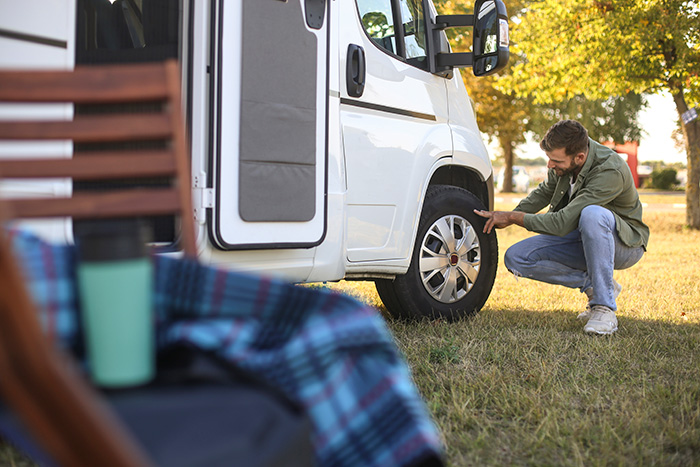
CIAA responds
CIAA CEO Stuart Lamont stands by his positive assessment of the industry in Australia, telling CHOICE that the ACCC complaints “are likely to be the result of targeted consumer incentives encouraging the reporting to the ACCC rather than a growing trend. Our queries of state fair trading offices indicate a declining number of complaints being received through these channels.”
“Australian consumers use their caravanning products in ways and on terrain which is not commonly used anywhere else in the world,” Lamont says, adding that caravan construction standards in the US and Europe are “far inferior” to those made in Australia.
“We are considered best in class when it comes to providing a very durable RV product,” Lamont says.
According to Lamont, the CIAA’s RVMAP team has conducted 3186 caravan inspections across 257 local and overseas manufacturers in the four financial years to 2020. He says most of the failures to adhere to the 250 federal compliance requirements the RVMAP inspectors look for have been found with smaller or overseas manufacturers.
We are considered best in class when it comes to providing a very durable RV product
CIAA CEO Stuart Lamont
“Over the past four years we have seen a 40% reduction in compliance issues identified amongst RVMAP manufacturers in full RVMAP audits,” says Lamont.
“While RVMAP does not inspect every product rolling off the production line, and we cannot offer a guarantee, consumers should have far greater confidence in dealing with an RVMAP badged product than one which is not.”
Lamont says the program was initiated by the caravan industry “in the absence of government inspections”.
Most common caravan faults and failures*
- Tare Mass (vehicle weight) heavier than stated – based on empty caravans at the manufacturer instead of fitted caravans at the supplier. Caravans can be too heavy for the cars towing them.
- Ball loading too low or high – weight and pressure on the rear of the tow vehicle inaccurately stated.
- Electrical and gas system installation – poor workmanship, inadequate protection and securing.
- Tyre selection and pressures – tyre size and recommended inflation pressures unsuitable for the vehicle; incomplete information on wheel and tyre placards.
- Lamps not wired correctly – poor connections and exposed wires; left- and right-turn signal lamps sometimes reversed.
- General poor workmanship – uneven gaps around panels and appliances; fasteners too long, not properly tightened, not neatly aligned; latches and hinges not accurately positioned; squeaks and noticeable floor flexing when walking inside the caravan; water leaks from hose fittings.
- Major water leaks – structural damage from leaking roof and wall joints and roof-mounted equipment.
- Dust leaks – Ineffective seals around doors and windows letting dust in.
- Wheels and tyres – improper wheel alignment; wheels and tyres out of balance.
*Source: Caravan Council of Australia

